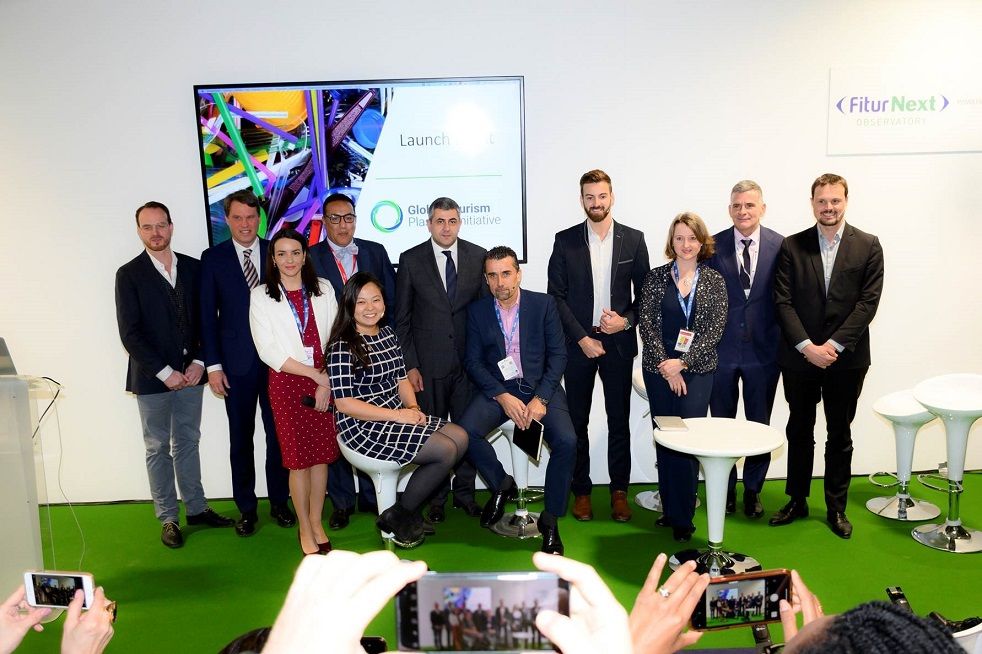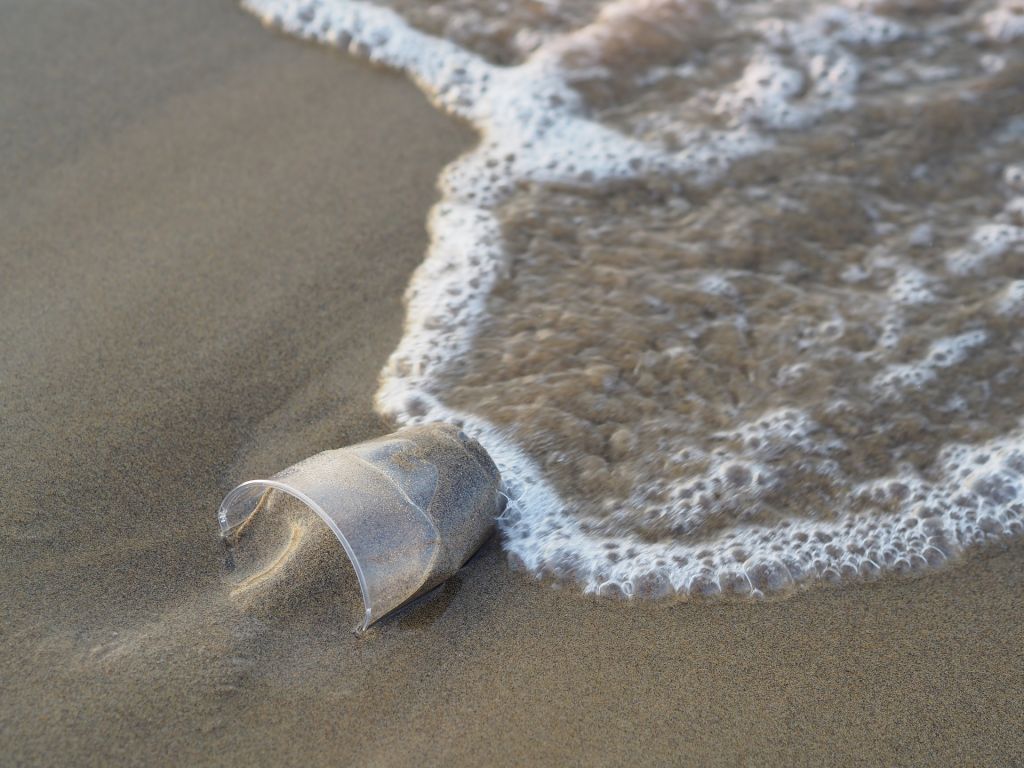As part of its contribution to the global drive to reduce plastic waste, TUI aims to remove 250 million pieces of single-use plastics by the end of 2020 through concerted efforts across its hotels, cruise ships, airlines, destinations, and offices.
TUI Group is now a part of the Global Tourism Plastics Initiative, which strives to tackle plastic pollution. The initiative unites the tourism sector behind a common vision to address the root causes of plastic pollution. It enables businesses and governments to take concerted action, leading by example in the shift towards circularity in the use of plastics. It aims to stop plastic ending up as pollution while also reducing the amount of new plastic that needs to be produced. To realize this vision, tourism companies and destinations commit to eliminating the plastic items they don’t need; innovate so all plastics they do need are designed to be safely reused, recycled, or composted; and circulate everything they use to keep it in the economy and out of the environment.
TUI’s Initiatives include removing 112 million single-use plastic items from hotels, launching ‘plastic reduction guidelines’ for hotels and TUI Cruise’s ambitious wasteless plastic reduction programme. TUI’s independent charitable foundation, TUI Care Foundation, is also working on numerous projects to address the challenge of plastic waste for the marine environment.
“Plastic pollution negatively impacts travel and tourism, particularly near the beaches and oceans so important to destinations. TUI is delighted to be a founding partner of the Global Tourism Plastics Initiative, recognising the industry’s role to drive change. The sector can make a real difference by working together and sharing best practice. The people and the environment of destinations will benefit from these efforts. TUI is well positioned to continue its leading role in sustainable tourism. We aim to make our holiday offers more sustainable along the entire travel value chain. This will also be an important component of the Group-wide sustainability strategy 2020-2030,“ says Thomas Ellerbeck, Member of the TUI Group Executive Committee and responsible for sustainability.
As a member of the Advisory Committee for the Global Tourism Plastics Initiative, TUI is contributing to the co-creation of the initiative, developing a menu of commitments that outlines the expected contributions from the private sector, destinations, associations, and NGO’s in the sector to define concrete roadmaps for implementation of the Initiative by 2025.
Developed by the Sustainable Tourism Programme of the One Planet network, a multi-stakeholder partnership to implement SDG 12 on Sustainable Consumption and Production, the Global Tourism Plastics Initiative is led by the United Nations Environment Programme and the World Tourism Organisation, in collaboration with the Ellen MacArthur Foundation. The Global Tourism Plastics Initiative acts as the tourism sector interface of the New Plastics Economy Global Commitment, which unites more than 450 businesses, governments, and other organisations behind a common vision and targets to address plastic waste and pollution at its source. As such, the Global Tourism Plastics Initiative will implement the New Plastics Economy vision, framework and definitions to mobilise the global tourism industry towards concerted significant action against plastic pollution.
“Plastic pollution is one of the major environmental challenges of our time, and tourism has an important role to play in contributingto the solution,” said UN Environment Programme Economy Division Director, Ligia Noronha. “Through the Global Tourism Plastics Initiative, tourism companies and destinations are supported to innovate, eliminate and circulate the way they use plastics, to help achieve circularity in the use of plastics and reduce plastics pollution globally.”
By transitioning to circularity in the use of plastics, the tourism sector can make positive contributions like reducing landfill, pollution, natural resource depletion and greenhouse gas emissions; raising awareness of conservation among staff and guests to avoid single-use plastic products; influencing their suppliers to produce more sustainable alternatives to single-use plastic products; working with governments to improve local waste infrastructure and community facilities; and creating sustainable livelihoods and long-term community prosperity in harmony with nature.













